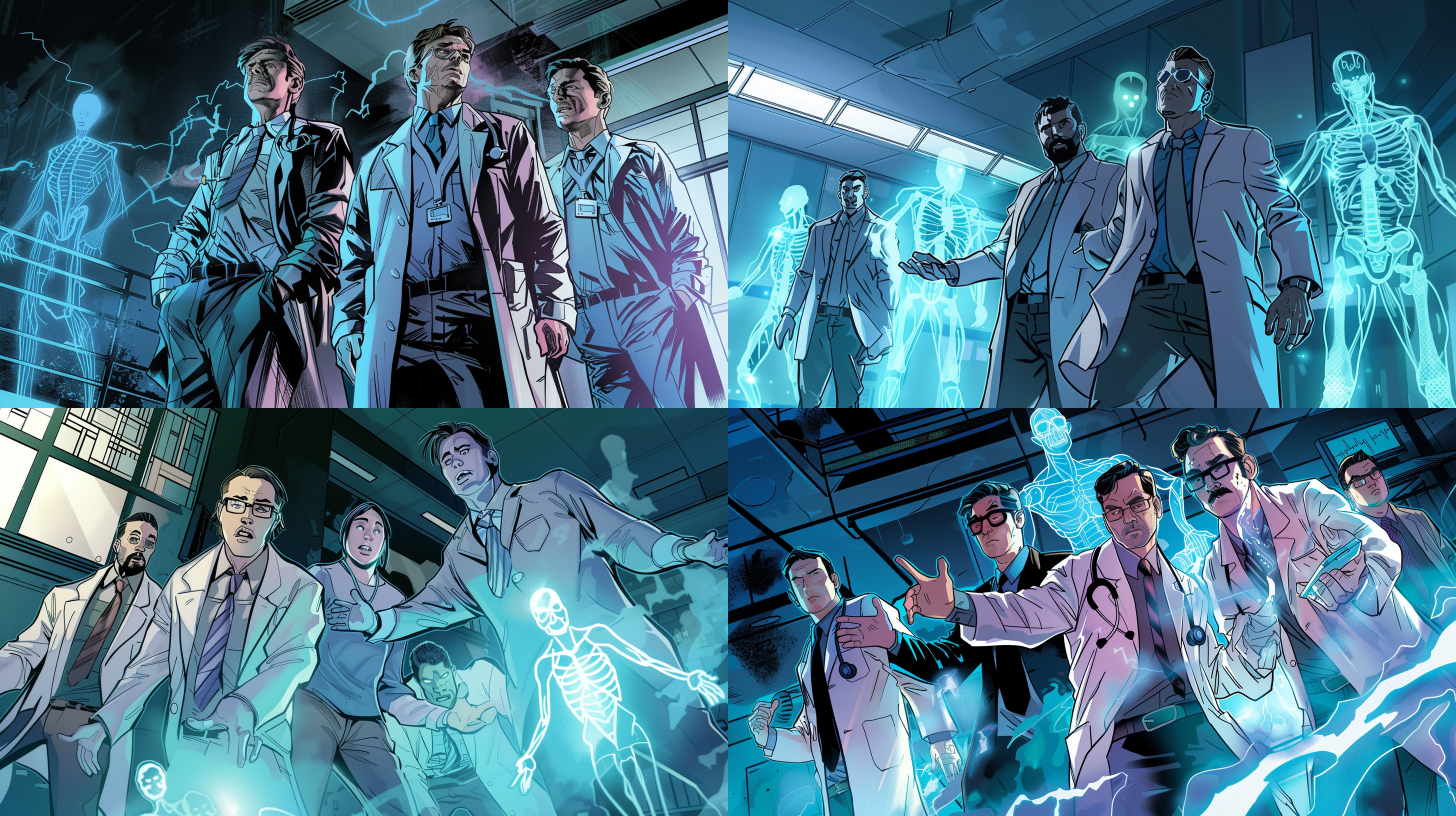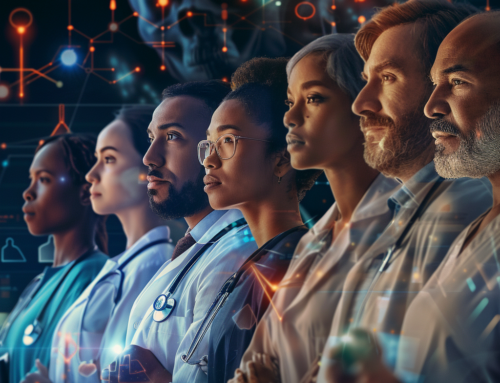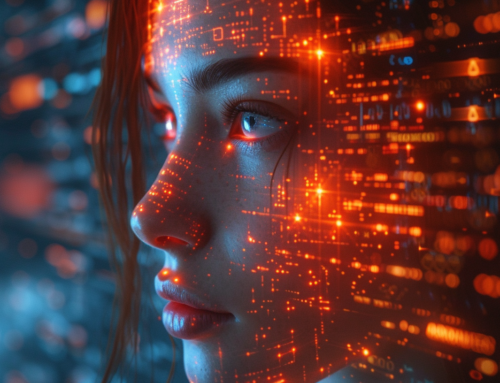“We ain’t scared of NO AI”
In recent years, the rise of AI applications in healthcare has sparked a wave of concern among practitioners about the potential for these technologies to replace their roles. This fear is particularly prevalent in specialties that are heavily driven by logic and data, such as radiology and biochemistry. However, it is essential to understand that AI is not here to replace healthcare professionals but to augment their capabilities. By becoming AI literate and leveraging these tools, healthcare practitioners can focus on what truly makes their profession unique: the human connection.
Understanding the Role of AI in Healthcare
AI applications have made remarkable strides in analyzing medical data, diagnosing diseases, and even predicting patient outcomes. For instance, in radiology, AI algorithms can rapidly analyze imaging studies, highlighting potential areas of concern with unprecedented speed and accuracy. In biochemistry, AI can sift through vast datasets to identify patterns and correlations that might be missed by the human eye.
However, like any other human-created tool, AI’s effectiveness is directly linked to the skills and creativity of its creators and users. AI is designed to handle repetitive and data-intensive tasks, relieving healthcare professionals of the burden of these tasks. This frees up valuable time and cognitive resources, enabling practitioners to focus on more complex and nuanced aspects of patient care. In this way, AI is a tool that enhances the capabilities of healthcare professionals, not a replacement for them.
The Imperative of AI Literacy
To harness AI’s full potential, healthcare professionals must become AI literate. This means understanding how AI tools work, their limitations, and how to integrate them into clinical practice effectively. By gaining this knowledge, practitioners can confidently use AI to enhance their decision-making processes without fear of obsolescence.
Educational programs and continuous professional development focused on AI and its applications in healthcare are crucial. These initiatives can help bridge the gap between technological advancements and clinical expertise, ensuring that healthcare professionals are equipped to navigate the evolving landscape of modern medicine.
Human Connection: The Heart of Healthcare
What truly sets healthcare apart from other fields is the profound human connection between practitioners and patients. This emotional bond plays a critical role in healing, providing comfort, and fostering trust. AI, for all its capabilities, cannot replicate the empathy, compassion, and understanding that human healthcare providers bring to their interactions with patients.
AI’s ability to manage routine tasks and process vast amounts of data quickly allows healthcare professionals to spend more time engaging with patients on a personal level. This shift enables practitioners to utilize their emotional intelligence (EQ) more effectively, which is often more impactful than intellectual intelligence (IQ) in patient care.
For example, a physician who can spend more time talking to a patient, understanding their fears and concerns, and providing personalized reassurance can significantly enhance the patient’s overall experience and outcomes. AI supports this by handling administrative and analytical tasks, thus creating more opportunities for meaningful patient interaction.
The Future of Healthcare: A Collaborative Approach
The future of healthcare lies in the harmonious integration of AI and human expertise. AI will continue to evolve, offering new tools and capabilities that can revolutionize how we diagnose and treat diseases. However, the human element will always remain irreplaceable. The ability of healthcare professionals to reach and touch the soul while supporting and inducing the healing of the body is what makes this field unique.
Healthcare practitioners can enhance their efficiency, accuracy, and overall effectiveness by embracing AI. More importantly, they can focus on building deeper, more empathetic relationships with their patients, leveraging their EQ to its fullest potential. This collaborative approach ensures that healthcare remains a deeply human endeavor, supported by the power of AI.
In conclusion, rather than fearing AI, healthcare professionals should view it as a valuable ally. By becoming AI literate and integrating these tools into their practice, they can enhance their ability to provide compassionate, patient-centred care. The future of healthcare is not about replacing humans with machines but about empowering practitioners to deliver even better care through intelligent technology.








Leave A Comment